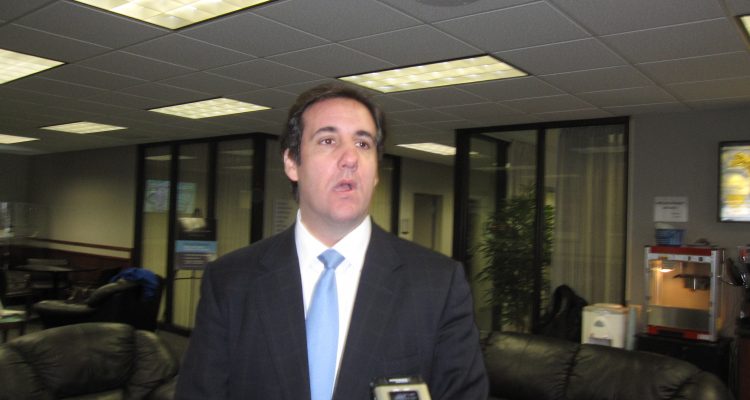Earlier this week, the announcement of the FBI’s raid on President Donald Trump’s personal attorney came as a shock to the nation, as well as the president himself. On Monday, April 9, the FBI obtained a search warrant to raid the office and hotel room of Michael Cohen, the President’s personal attorney. While the search was reportedly linked to bank fraud allegations and campaign finance abuses, the extent of details still remains unclear to the public sector. Although this issue appears to get more convoluted by the minute, one thing is certain: President Trump is less than pleased. One day after the search was executed, the President took to Twitter and vented his growing frustration. He wrote, “Attorney-client privilege is dead!” followed up with “A TOTAL WITCH HUNT!!!” While concise, his tweets raise significant points regarding the American judiciary system as a whole. Many President Trump supporters along with Cohen’s attorney claim the FBI raid is an extreme abuse of power and undermines the concept of attorney-client confidentiality.
Despite the President’s public outage, the raid did not violate any standards in a legal capacity. While some may view the raid as extreme, the authority required to obtain one, specifically within the context of Cohen’s case, was insurmountable proof that a serious crime has been committed. The United States’ Attorneys manual states that a subpoena should be the first approach in situations involving practicing attorneys, unless there is a potential that these efforts could “compromise the criminal investigation or prosecution, or could result in the obstruction or destruction of evidence” (9-13.420 – Searches of Premises of Subject Attorneys Section A). Therefore, the FBI’s decision to obtain a search warrant, rather than a subpoena, not only implies that the evidence being sought after was of significant importance, but was also potentially at risk for a serious cover-up.
The search warrant was approved by Deputy Attorney General, Rod J. Rosenstein, the second highest ranking official in the United States Department of Justice. However, the warrant’s approval may have just made Rosenstein the latest target in President Trump’s ongoing firing spree. President Trump has been reportedly furious at the deputy attorney general for months and this might be the tip of the iceberg. While it may appear unethical, the potential firing of Rosenstein will be, in fact, legal. However, it will come with consequences as this is would not be the first instance in which President Trump would have fired a high ranking official involved in investigating a potential presidential scandal.
Ultimately, although the public cannot help but be confused over the events unfolding within the White House, this certainly will not be the last time we hear about this. Even though obtaining a search warrant is an extreme measure, the FBI sends a compelling message to the public: regardless of your position in society, whether you are a practicing attorney or even the president of the United States, no person is above the law.


Leave a Reply